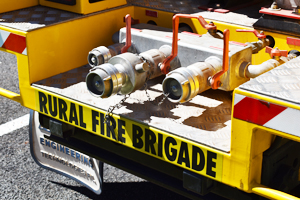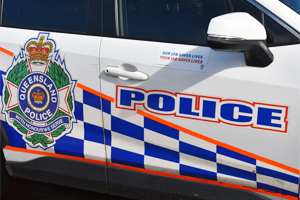
June 7, 2022
Horse owners and veterinarians are being reminded to vaccinate horse against the Hendra disease following confirmation of a new variant of the virus.
Last October, a horse infected with the Hendra virus variant HeV-g2 was detected in the Newcastle area of NSW.
The horse showed severe illness consistent with the original Hendra virus and was euthanased.
A retrospective study has also identified the variant from a horse euthanased in Queensland in 2015.
Evidence of this variant virus has also been found in grey-headed flying-foxes from Victoria and South Australia.
Agriculture Minister Mark Furner said the identification by researchers of the variant in samples collected in recent years was a timely reminder of the need for horses to be vaccinated.
“The research findings highlight the importance of horse owners and vets to remain vigilant in areas previously thought to be outside the range of Hendra spillover events,” Mr Furner said.
“After reviewing this research, Biosecurity Queensland’s advice to horse owners and veterinarians remains the same – vaccination of horses is the most effective way to help manage Hendra virus disease.
“A registered vaccine is available to help prevent Hendra virus disease in horses.
“Additionally, sound hygiene and biosecurity measures should be adopted as routine practice for all horse contact.”
Mr Furner said the general biosecurity risk to the horse industry had not changed but the identification of a new variant should be a reminder to all members of the industry.
“Hendra virus infection has potentially serious health implications for both humans and horses,” Mr Furner said.
“Owners who suspect a horse might be infected with Hendra virus should immediately contact their veterinarian.”
The National Biosecurity Communication and Engagement Network says that since 1994, Hendra virus has been the cause of death in more than 100 horses.
Most cases have been the result of spillover infection from flying foxes although others have been the result of direct transmission from infected horses.
All cases have occurred in Queensland and NSW.























